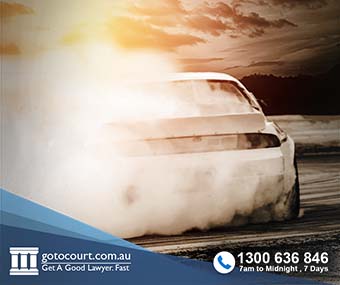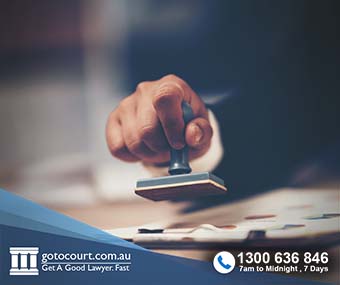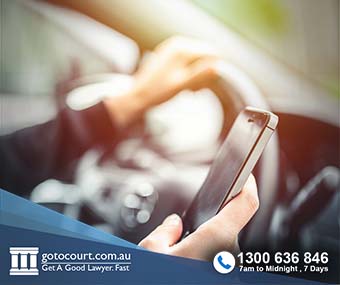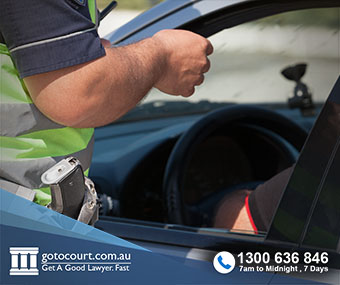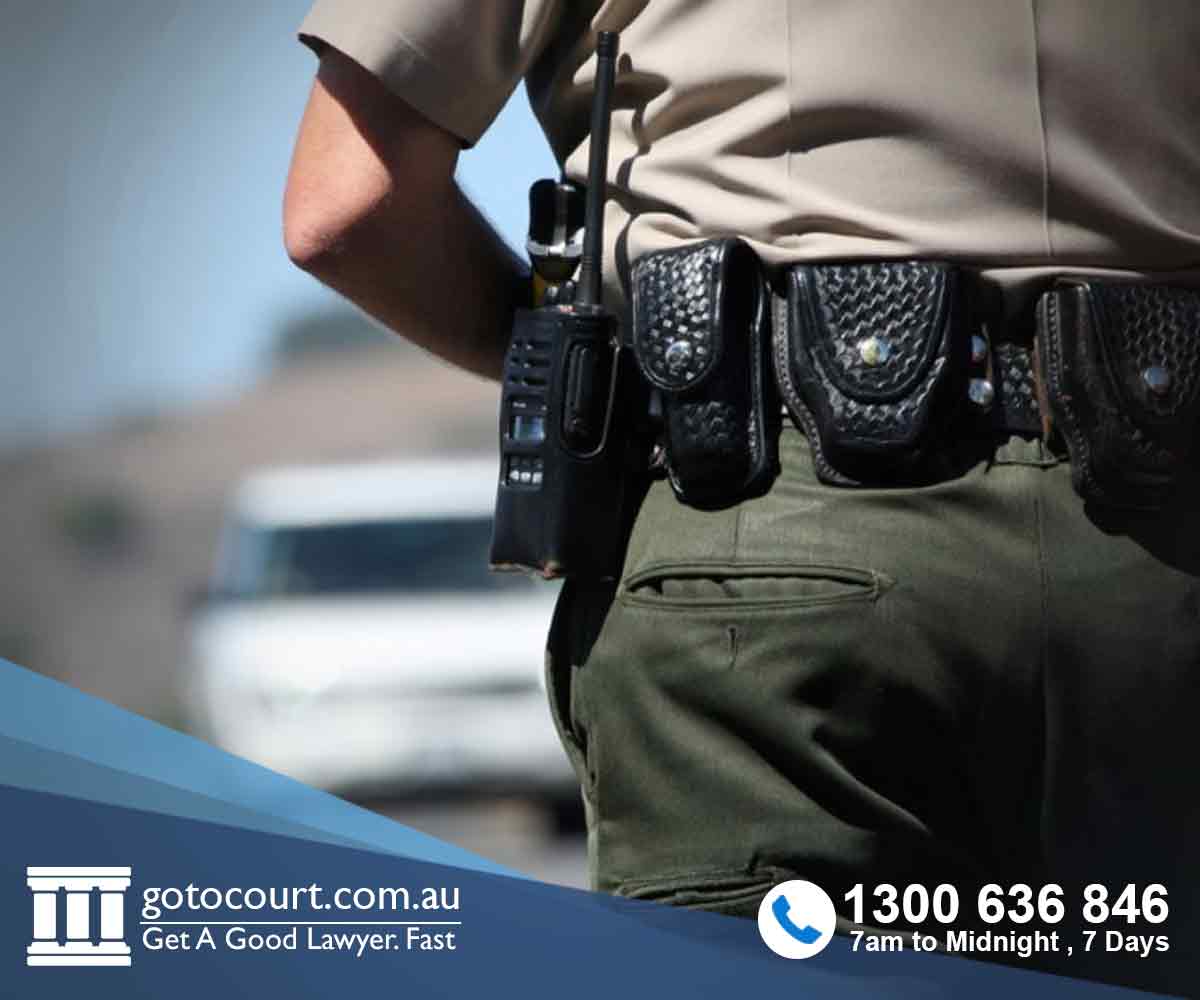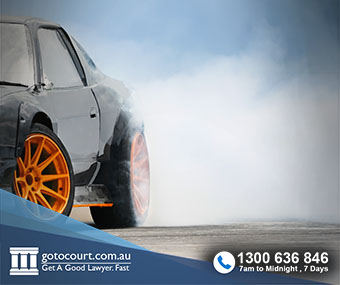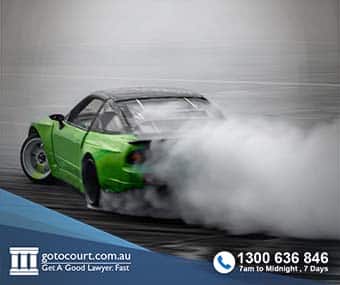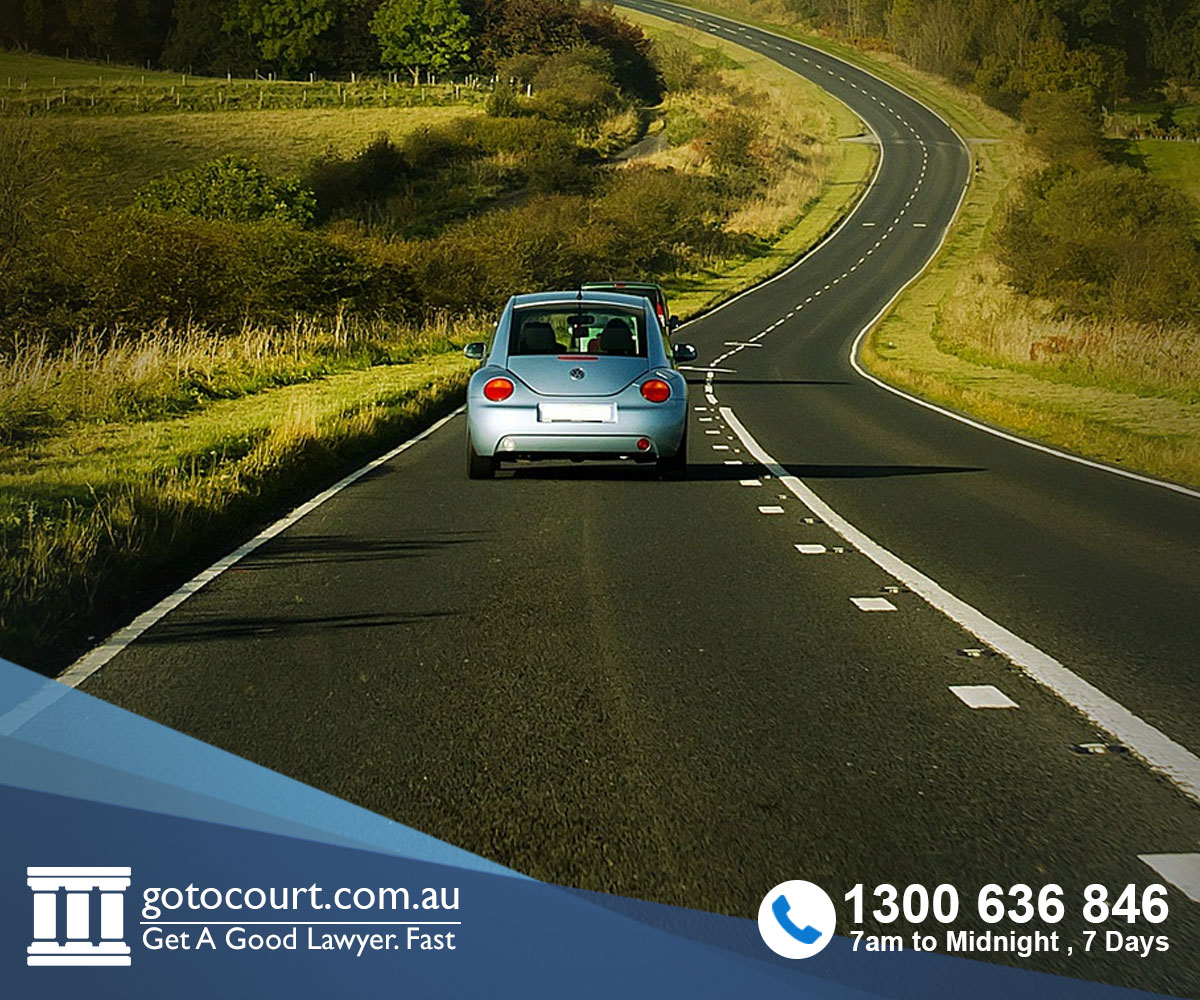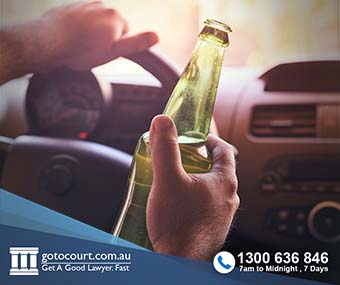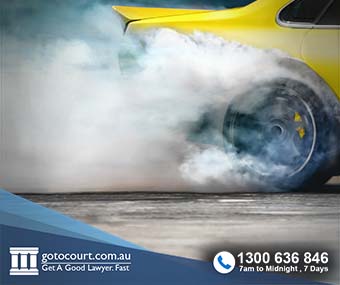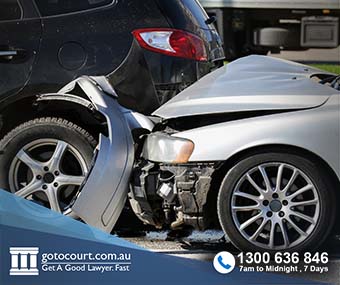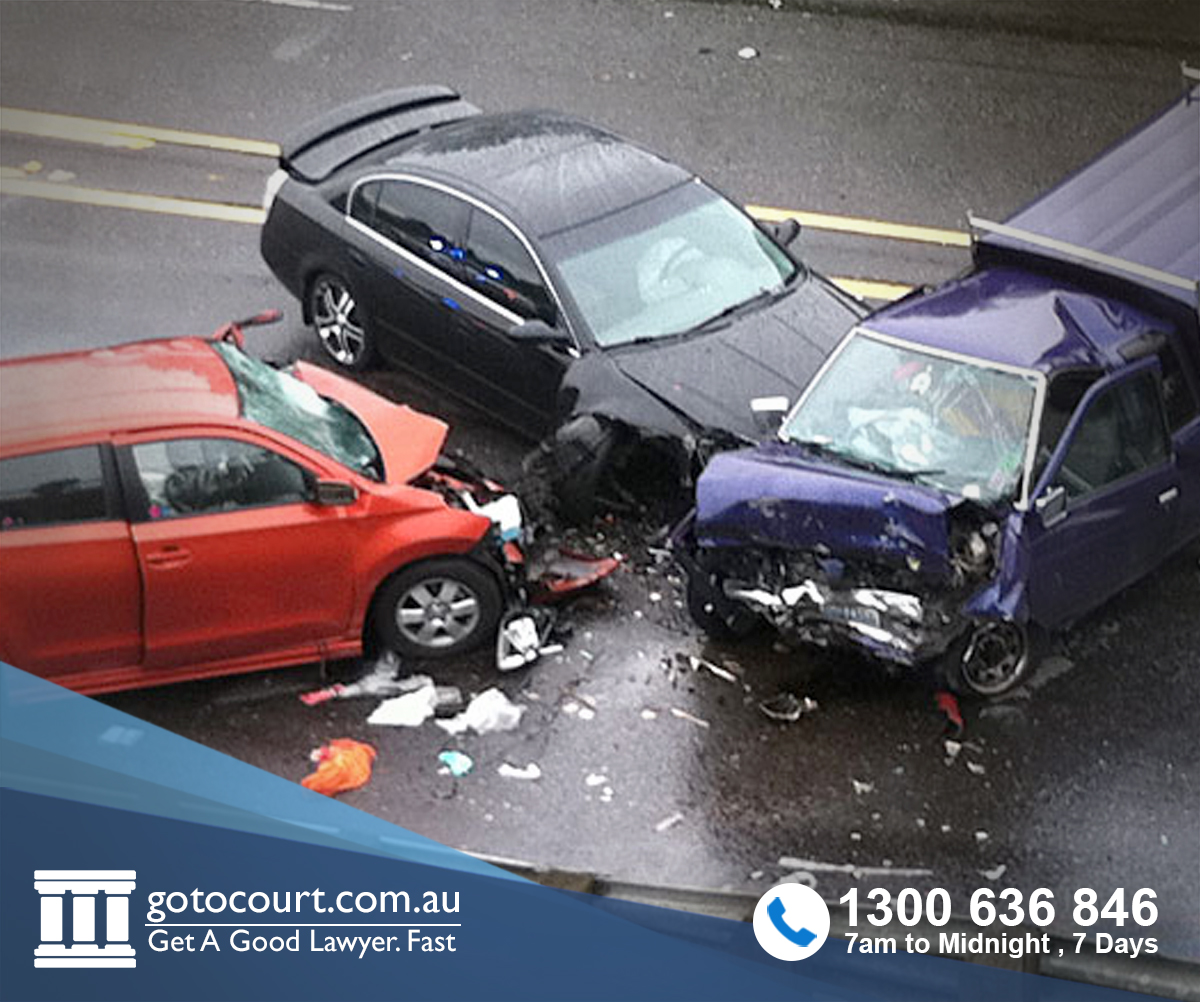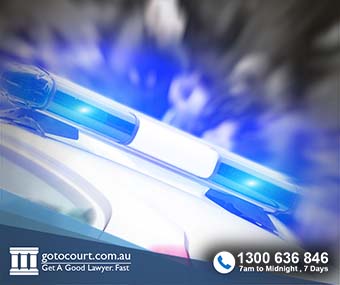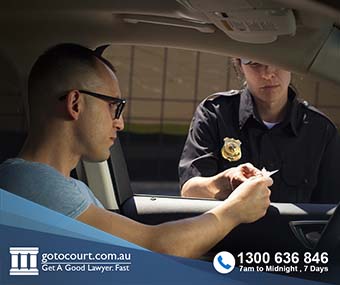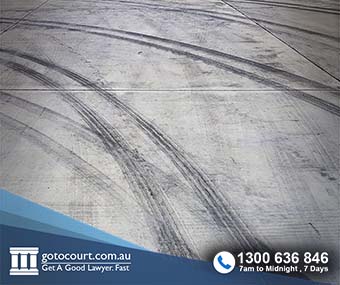Call our lawyers
now
or,
have our lawyers
call you
Dangerous Driving in Queensland
Updated on Dec 07, 2022 • 5 min read • 377 views • Copy Link
Dangerous Driving in Queensland
What is ‘Dangerous’ Driving?
Whether a driver sneakily crosses a median strip (hoping they won’t be caught by police), fails to follow the curve of a sweeping left bend, or mistakenly crosses double white lines, it generally doesn’t cross their mind that, as a result of such a relatively minor infringement, someone could be severely injured, or worse, killed. These are just some examples of cases where an unfortunate momentary lapse in concentration or a deliberate exercise in unlawful driving has led to people being charged with dangerous driving.
Because dangerous driving causing death or grievous bodily harm is one of the most serious traffic offences, it is dealt with under the Queensland Criminal Code Act 1899 (QLD) (‘the Act’). A person charged with dangerous driving is, under the Act, “a person who operates, or in any way interferes with the operation of, a vehicle dangerously in any place and cause the death of or grievous bodily harm to another person…”. On conviction a person may be sentenced to:
(a) imprisonment for 10 years, if neither paragraph (b) or (c) applies; or
(b) imprisonment for 14 years if, at the time of committing the offence, the offender is:
(i) adversely affected by an intoxicating substance; or
(ii) excessively speeding; or
(iii) taking part in an unlawful race or unlawful speed trial; or
(c) imprisonment for 14 years, if the offender knows, or ought reasonably know, the other person has been killed or injured, and the offender leaves the scene of the incident, other than to obtain medical or other help for the other person, before a police officer arrives.
What Constitutes Dangerous Driving?
Whether or not driving is dangerous depends on many factors and is not determined on the basis of one element of driving behaviour. Some factors that may be considered by the Court include the time of day the offence was recorded; the prevailing weather conditions; the road conditions; and may even include the condition of the vehicle.
A person, therefore, does not have to be shown to have been voluntarily and consciously managing and controlling the movement of the vehicle at the precise moment of impact.
While some driving conduct might be arguable, it has been held that dangerous driving will only be found where “the conduct of the driver, whilst undoubtedly foolish and dangerous, must warrant a description of ‘dangerous driving, of an extreme kind”. For example, a GTC client was initially charged with dangerous driving causing grievous bodily harm. However, there was no evidence to suggest that the client’s driving conduct was of a sufficiently dangerous nature to prove the charge. Given this, the charge was downgraded to ‘driving without due care and attention’.
Circumstances of ‘aggravation’, i.e. matters which make the behaviour and consequently the charge, more serious, can include whether the driver was, at the time of the offence, affected by drugs or intoxicated by alcohol, speeding excessively, or had previously been convicted of a serious driving offence. The driver’s criminal history would also be relevant to determining aggravation. While dangerous driving carries a maximum penalty of 3 years imprisonment, aggravating circumstances can serve to increase the maximum to 5 years imprisonment.
What Must Be Proved?
In order for the police to prove a charge of dangerous driving, they must show that the person charged was driving the motor vehicle in a dangerous manner, in addition to any one of the variety of aggravating factors. All the facts relating to the accident, such as which vehicle caused the accident and the surrounding conditions will also be assessed to determine whether the charge can be proven.
Lastly, the police must show that, as a direct result of the alleged dangerous driving, a person was either killed or suffered grievous bodily harm. However, actual danger to other passengers is insufficient to substantiate the charge.
Possible Defences
A possible defence that can arise from being charged with dangerous driving is a claim to suffering a ‘momentary loss of concentration’. The case of Tschirpig v Martin involves a young motorcyclist who collided with an oncoming vehicle. Evidence showed that he was not speeding, was not affected by alcohol nor was he using his mobile phone or his CD player at the time his vehicle crossed onto the incorrect side of the road.
The motorcyclist was originally sentenced to pay a fine of $1,000 and to serve a 12-month licence disqualification period. His lawyer submitted on appeal that the accident may have been caused by “at best a split second of inattention”. The Magistrate accepted those submissions on the basis that he had suffered a momentary lapse of judgement. The Magistrate varied the original penalty and the motorcyclist was re-sentenced to pay a fine of $700 and to serve a 6-month licence disqualification period.
If the Court accepts this as a principle to assess dangerous driving charges, a momentary loss of concentration will need to be carefully described so that some certainty can be given to the defence. In determining the sentence to be imposed, the Court takes into consideration other mitigating factors such as the driver’s age, general character, lack of criminal history or like offences, and their position within the community. These might lessen the severity of the penalty otherwise imposed. Keeping this in mind, the Court generally holds that imprisonment is a sentence of last resort. Other defences may include the driver’s mental and physical health, and any medication that they may take to manage this.
The burden is on the Prosecution to prove the elements of the offence and the presence of any aggravating factors. The defence will set out to establish any defences and lay out any mitigating factors that it wishes the Court to consider when deciding on the penalty to impose.


Affordable Lawyers
Our Go To Court Lawyers will assist you in all areas of law. We specialise in providing legal advice urgently – at the time when you need it most. If you need a lawyer right now, today, we can help you – no matter where you are in Australia.How It Works








1. You speak directly to a lawyer
When you call the Go To Court Legal Hotline, you will be connected directly to a lawyer, every time.


2. Get your legal situation assessed
We determine the best way forward in your legal matter, free of charge. If you want to go ahead and book a face-to-face appointment, we will connect you with a specialist in your local area.


3. We arrange everything as needed
If you want to go ahead and book a fact-to-face appointment, we will connect you with a specialist in your local area no matter where you are and even at very short notice.

